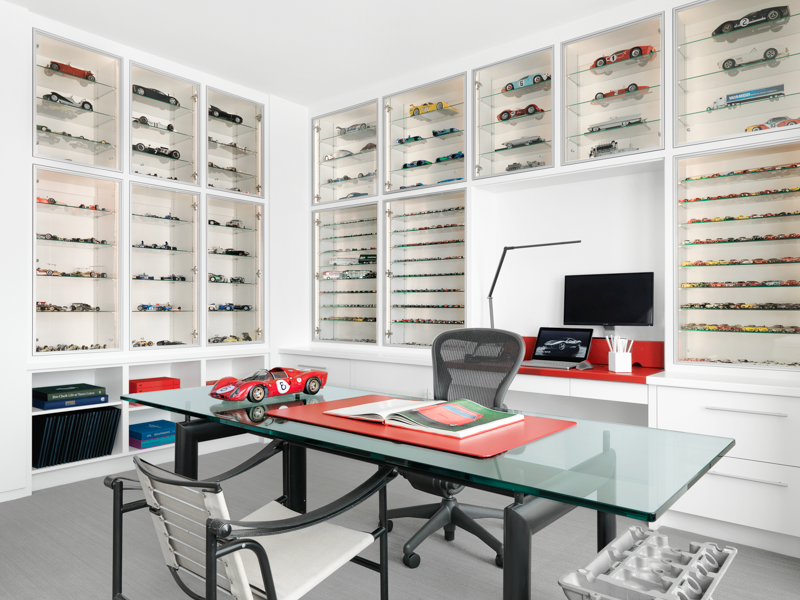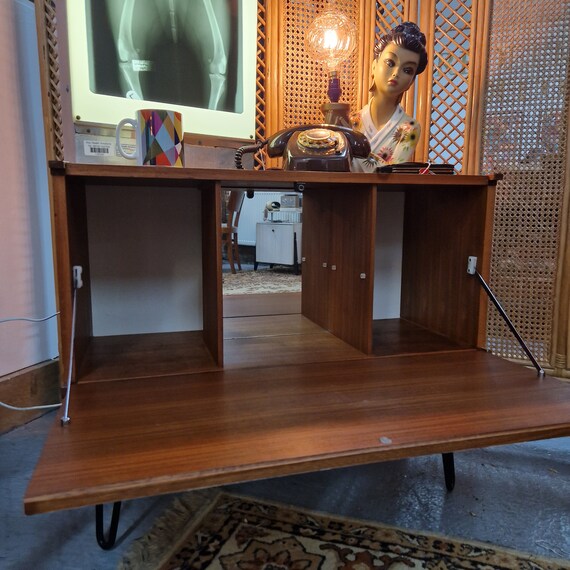All Categories
Featured
Door placement is a necessary yet typically ignored component in home layout. It not just affects the functionality and looks of a space yet additionally adds to the overall consistency and livability of a home. By comprehending the concepts behind strategic door placing, property owners and developers can develop insides that move seamlessly, really feel balanced, and boost everyday living.
Doors are greater than access factors; they establish exactly how individuals engage and navigate within a home.
Practical Tips:
Straight Pathways: Area doors in areas that straighten with all-natural strolling courses, reducing unneeded detours. A door leading to the garage must attach conveniently to the cooking area for simple grocery unloading.
Clearance: Ensure ample room around doors to avoid problems with furnishings or structural components.
Accessibility: In multi-generational homes, consider door widths and thresholds that suit flexibility help.
The positioning of doors can substantially enhance all-natural illumination and air flow, creating a healthier and extra inviting interior setting.
Optimizing Techniques:
Straighten with Windows: Placing doors opposite home windows aids network fresh air through the home, specifically in warm climates.
Glass Panels: Incorporate glass-paneled doors to brighten darker spaces and decrease reliance on man-made illumination.
Orientation: Area exterior doors to benefit from sunshine at various times of the day. A south-facing door catches heat and light in colder environments.
Efficient door placement values the need for both shared and private areas within a home.
Placement Approaches:
Barrier Areas: Utilize hallways or transitional areas to separate personal spaces like bedrooms from common areas.
Restrooms: Locate restroom doors out of straight view from eating or living spaces to keep discretion.
Home Offices: Position doors to minimize noise and aesthetic disturbances, particularly in open-plan formats.
Doors contribute to the visual language of a home and need to be thoughtfully incorporated into its design.
Style Tips:
Percentages: Make certain door dimensions are symmetrical to the space's dimensions for a well balanced appearance.
Symmetry: Balanced door placement can create a sense of order and elegance in common rooms.
Visual Circulation: Line up door designs and finishes with the home's general layout theme for consistency.
Door positioning can play an essential function in preserving indoor comfort and minimizing power costs.
Energy-Saving Solutions:
Weatherproofing: Exterior doors must be sealed and placed to decrease drafts and heat loss.
Zoning: Use doors to create thermal areas within the home, enabling targeted heating or cooling.
Sun and Wind Factors to consider: In gusty locations, place doors far from prevailing winds or mount windbreaks to enhance power performance.
Door positioning usually brings deeper social or symbolic meanings, influencing layout choices.
Examples:
![]()
Feng Shui Principles: According to Feng Shui, the main entryway must invite positive energy (" chi") and avoid direct positioning with back doors to stop power loss.
Directional Positioning: Some cultures think that specific door alignments bring success or consistency.
Grand Entrances: A well-placed major door can offer as an icon of hospitality and visibility.
![]()
Final Thoughts
The scientific research of door placement exceeds useful factors to consider to form the means we experience and connect with our homes. By focusing on movement, light, personal privacy, looks, and also cultural beliefs, you can ensure that your home is not only practical yet likewise a sanctuary of balance and elegance. Thoughtful door positioning transforms a regular house right into a space that really feels with ease made and flawlessly matched to its occupants.
- Facilitating Motion and Accessibility
Doors are greater than access factors; they establish exactly how individuals engage and navigate within a home.
Practical Tips:
Straight Pathways: Area doors in areas that straighten with all-natural strolling courses, reducing unneeded detours. A door leading to the garage must attach conveniently to the cooking area for simple grocery unloading.
Clearance: Ensure ample room around doors to avoid problems with furnishings or structural components.
Accessibility: In multi-generational homes, consider door widths and thresholds that suit flexibility help.
- Using Light and Air
The positioning of doors can substantially enhance all-natural illumination and air flow, creating a healthier and extra inviting interior setting.
Optimizing Techniques:
Straighten with Windows: Placing doors opposite home windows aids network fresh air through the home, specifically in warm climates.
Glass Panels: Incorporate glass-paneled doors to brighten darker spaces and decrease reliance on man-made illumination.
Orientation: Area exterior doors to benefit from sunshine at various times of the day. A south-facing door catches heat and light in colder environments.
- Stabilizing Privacy and Openness
Efficient door placement values the need for both shared and private areas within a home.
Placement Approaches:
Barrier Areas: Utilize hallways or transitional areas to separate personal spaces like bedrooms from common areas.
Restrooms: Locate restroom doors out of straight view from eating or living spaces to keep discretion.
Home Offices: Position doors to minimize noise and aesthetic disturbances, particularly in open-plan formats.
- Aesthetic and Style Considerations
Doors contribute to the visual language of a home and need to be thoughtfully incorporated into its design.
Style Tips:
Percentages: Make certain door dimensions are symmetrical to the space's dimensions for a well balanced appearance.
Symmetry: Balanced door placement can create a sense of order and elegance in common rooms.
Visual Circulation: Line up door designs and finishes with the home's general layout theme for consistency.
- Energy Efficiency
Door positioning can play an essential function in preserving indoor comfort and minimizing power costs.
Energy-Saving Solutions:
Weatherproofing: Exterior doors must be sealed and placed to decrease drafts and heat loss.
Zoning: Use doors to create thermal areas within the home, enabling targeted heating or cooling.
Sun and Wind Factors to consider: In gusty locations, place doors far from prevailing winds or mount windbreaks to enhance power performance.
- Cultural and Symbolic Point of views
Door positioning usually brings deeper social or symbolic meanings, influencing layout choices.
Examples:

Feng Shui Principles: According to Feng Shui, the main entryway must invite positive energy (" chi") and avoid direct positioning with back doors to stop power loss.
Directional Positioning: Some cultures think that specific door alignments bring success or consistency.
Grand Entrances: A well-placed major door can offer as an icon of hospitality and visibility.

Final Thoughts
The scientific research of door placement exceeds useful factors to consider to form the means we experience and connect with our homes. By focusing on movement, light, personal privacy, looks, and also cultural beliefs, you can ensure that your home is not only practical yet likewise a sanctuary of balance and elegance. Thoughtful door positioning transforms a regular house right into a space that really feels with ease made and flawlessly matched to its occupants.
Latest Posts
NAPA AutoCare Certified: Rely on Montclare Auto Repair for Excellence
Published Apr 20, 25
2 min read
Learn About the Skilled Technicians Behind Montclare Auto Repair - Committed to Excellence
Published Apr 20, 25
2 min read
Secure and Trendy Automatic Gates for each Property
Published Apr 20, 25
1 min read
More
Latest Posts
NAPA AutoCare Certified: Rely on Montclare Auto Repair for Excellence
Published Apr 20, 25
2 min read
Learn About the Skilled Technicians Behind Montclare Auto Repair - Committed to Excellence
Published Apr 20, 25
2 min read
Secure and Trendy Automatic Gates for each Property
Published Apr 20, 25
1 min read